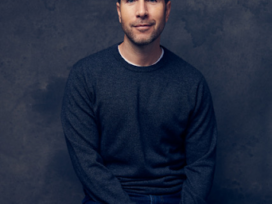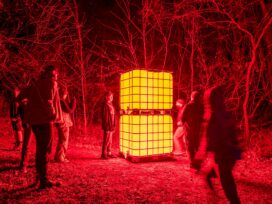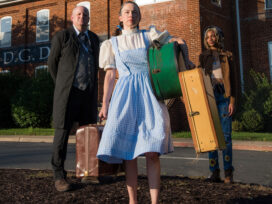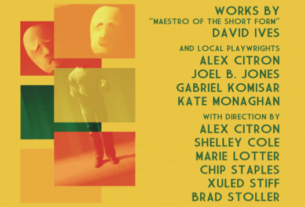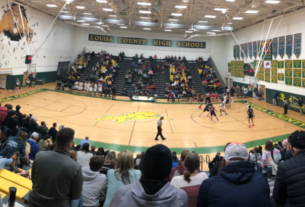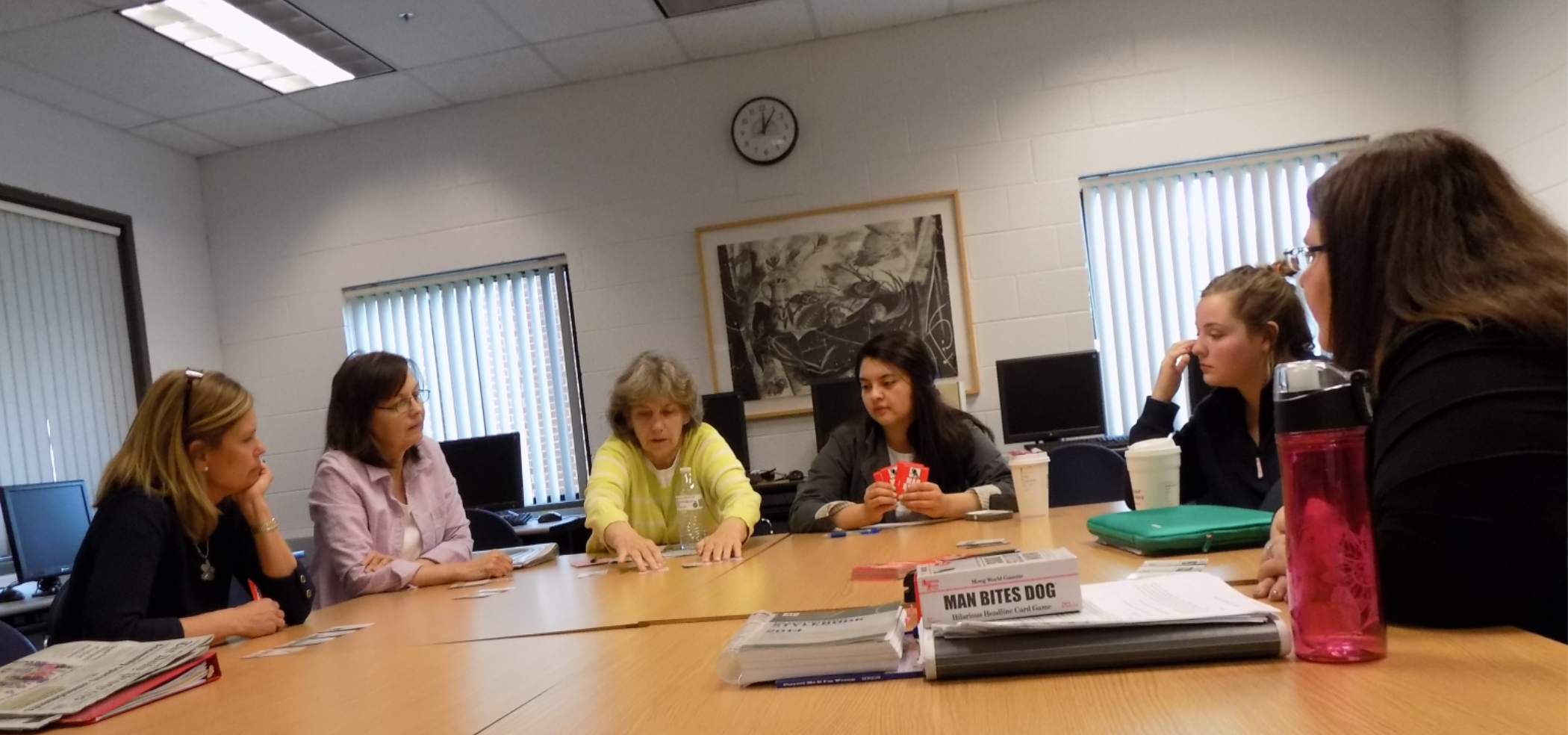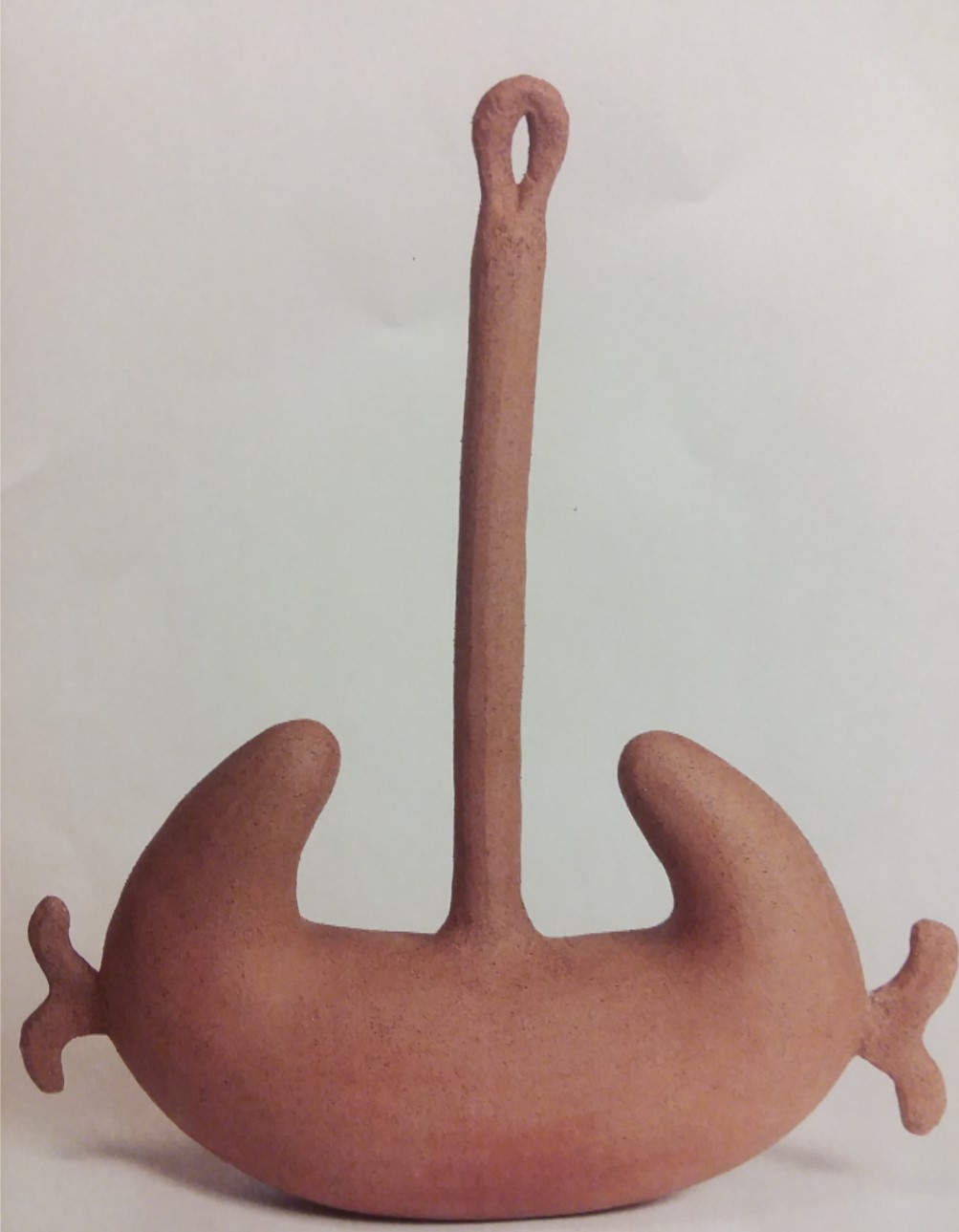
Janet Fieldhouse Holds Ceramics Workshop
MaKayla Grapperhaus, staff writer
On March 25, 2017, indigenous Australian artist Janet Fieldhouse, visited Piedmont Virginia Community College (PVCC) to hold a ceramics workshop. The event offered limited seating to the public who could buy tickets through the Kluge-Ruhe Aboriginal museum. However, PVCC students who are currently enrolled in a ceramics class at the college had free access. The workshop gave PVCC ceramics students the unique opportunity to learn about aboriginal art in Charlottesville from Janet Fieldhouse, an artist of Torres Strait Islander descent.
The workshop was held at PVCC’s Dickinson Building on a Saturday morning at 10 a.m. Both PVCC students and local ceramics enthusiasts came to the event. Each seat within the classroom, where the first part of the workshop took place, was filled. Those who showed up just a few minutes late had to bring in more chairs from nearby classrooms.
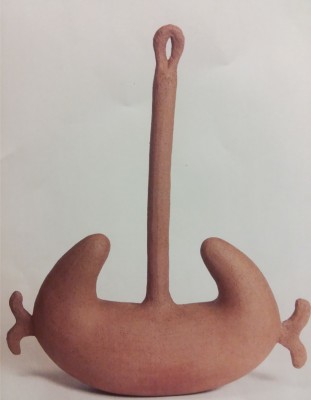
Fieldhouse began the workshop with a presentation of her best ceramic artwork on a slideshow. Giving background information on each one of her pieces, Fieldhouse said her first exposure to ceramics was during college in 1999. It was then she began exploring the use of ceramics to express her aboriginal culture through carefully crafted pottery creations.
Her first work featured hand-sculpted canoes, each one holding within it small bundles of dried grasses and feathers from native birds belonging to Australia’s islands. She shared that the making of canoes in her culture is viewed solely as “man’s work,” and for her to sculpt them from clay was taboo. While she did get permission to craft items identified only with men in her culture from male relatives, Fieldhouse jokingly referred to this start in her ceramics career as a time of rebellion.
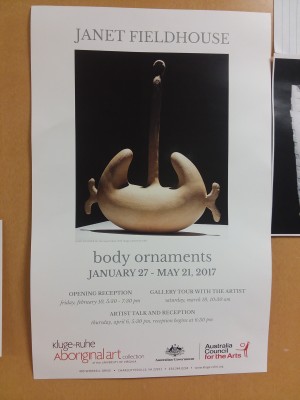
Fieldhouse shared images and stories about her work for nearly two hours. In all of her pieces, two themes were always represented: the cultural traditions practiced by Torres Strait Islanders and the significant value of women within this culture. While both are visibly important to Fieldhouse, the focus on Torres Strait women has given her artwork a unique angle never-before explored by ceramic art.
Her artwork includes pendants, armbands, and baskets as well as sculptures inspired by the designs belonging to the Torres Strait practice of scarification, a ritual that marked Islanders by means of scaring the skin with deep cuts. Although it is no longer practiced, the designs are brought to life by Fieldhouse through many of her ceramic pieces.
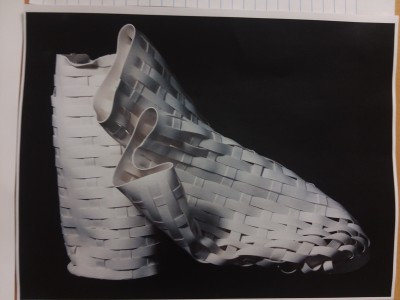
After the presentation, the second part of the workshop included catered lunch from Sticks Kebob Shop. The lunch was courtesy of PVCC’s ceramics club who sold their own ceramic creations to fund the lunch. To end the day, the workshop featured a hands-on portion that allowed everyone to craft a work of art from clay. Fieldhouse gave a short demonstration on how to make two “pinch pots” and mold them together in order to create an egg shape. The egg could then be crafted into any shape the person wanted, and Fieldhouse was present throughout the day to help anyone who needed guidance.
To learn more about Fieldhouse’s work, locals can visit Kluge-Ruhe Aboriginal Art Collection located at UV.a where the best collection of Indigenous Australian art in the world can be viewed. Much of Fieldhouse’s work is currently on display.


